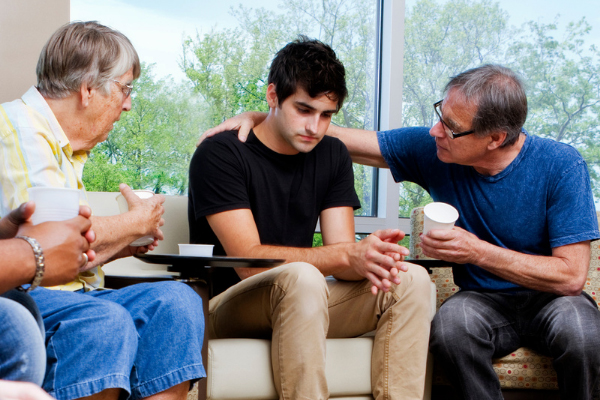It can be tricky to tell if your family member is on drugs because all families want to believe that their loved one is alright. Family members are often the first to deny that there is a problem, and this is understandable. It is typical that when a person is first using drugs, they appear happier, and their lives might even improve. Someone on drugs does not always get into trouble or look worn out. Unfortunately, this is one of the reasons that many kids and adults get trapped in the downward spiral of addiction. At first, they appreciate how the drugs affect them and their life. Drug experimentation is different from drug addiction on the simple fact that the experimenting will end and addiction won’t. 
What Are the Signs of Drug Use?
The most common sign of drug use and or addiction is a change in personality and behavior. These changes can be dramatic or subtle. For example, if your family member suddenly stops eating or does not come home at night, these are serious signs of potential drug use. A less obvious sign might be not showing up on time for a family dinner or saying they are no longer interested in an activity they once enjoyed. The signs of drug use will also vary greatly depending on the drug being used. Educating yourself about drug effects is the first way to identify if your loved one is using a drug.
What Are the Effects of Drugs?
There are approximately four broad drug effects that can be categorized separately. The types of drugs that cause different responses include depressants, stimulants, hallucinogens, and opioids. In addition, some drugs, such as marijuana, can make a person feel one or more effects, such as slowed down (depressant) and out of the body (hallucinogens). Drug effect groups include:
- Depressants = Alcohol, Benzodiazepines, Prescription Sedatives
- Stimulants = Cocaine, Crack cocaine, Methamphetamine, Prescription Stimulants (Adderall, Ritalin)
- Hallucinogens = Ecstasy, LSD, GHB, Mushrooms, Molly
- Opioids = Heroin, Fentanyl, Opium, Morphine, Prescription Pain Killers (Oxycontin, Vicodin, Norco, etc.)
How Do the Professionals Identify Drug Use?
The National Institutes of Health provides expert insight and lists the use and addiction. Its signs and symptoms are imperative to take your family member’s drug use seriously. Many people use drugs to self-medicate, which means they are not just partying; they might be suffering emotionally. The Institute sites the following as signs of drug use:
Signs that someone has a drug problem include- Changing friends a lot. Spending a lot of time alone and losing interest in favorite things. Not taking care of themselves – for example, not taking showers, changing clothes, or brushing their teeth. Being really tired and sad. Eating more or eating less than usual. Being very energetic, talking fast, or saying things that don’t make sense. Being in a bad mood and quickly changing between feeling bad and feeling good. Sleeping at strange hours. Missing important appointments. Having problems at work or at school. Having problems in personal or family relationships. (NIH)
The Most Helpful Addiction Therapy and Treatment at Evoke Wellness at Miramar
As a first step, offer your loved one support and seek professional guidance. Drug use is not a sign of poor judgment or disruptive behavior. Many people use drugs to cope with their feelings. Some people use drugs for experimentation reasons. Either situation will benefit from expert input to you and your family member about the most helpful therapy and treatment. The answer is a phone call away. Do not let drug use become a death sentence overnight. We have helped thousands of families end drug use and addiction quickly. Call now for priority placement and professional guidance or chat and email for more help.


